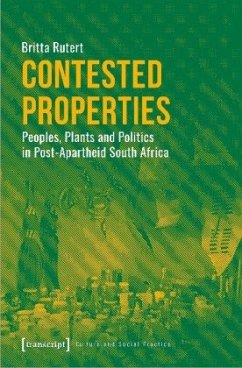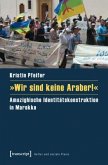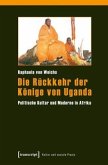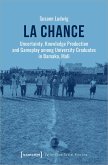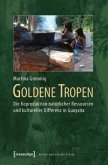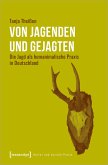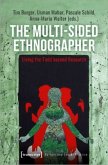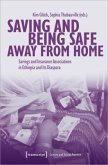This book deals with the values of medicinal plants and associated knowledge(s) in the field of bioprospecting in post-apartheid South Africa. Bioprospecting, the use of genetic or biological resources for commercial purposes, is a profit-oriented enterprise facing new challenges with the rise of human rights and biodiversity politics. This new situation has led to claims for political leverage made by indigenous communities, as well as to claims for national and local cultural identity and heritage. The picture presented here contributes to the widely discussed yet so far unresolved question of how to appropriately share benefits, and how to protect indigenous knowledge in this field.
Hinweis: Dieser Artikel kann nur an eine deutsche Lieferadresse ausgeliefert werden.
Hinweis: Dieser Artikel kann nur an eine deutsche Lieferadresse ausgeliefert werden.
»The book is valuable reading for those interested in the sociopolitical lives of medicinal plants and knowledge about them.« Christoph Morris, Anthropos, 118 (2023) »Die Lektüre des Buches ist [...] eine Reise durch ein Land, das nach wie vor für viele Westeuropäer ein Geheimnis ist und eher mit Mord und Totschlag in Verbindung gebracht wird, als mit dem natürlichen Kapital, das dieses Land besitzt.« Thomas Feltes, https://polizei-newsletter.de, 239 (2020)
